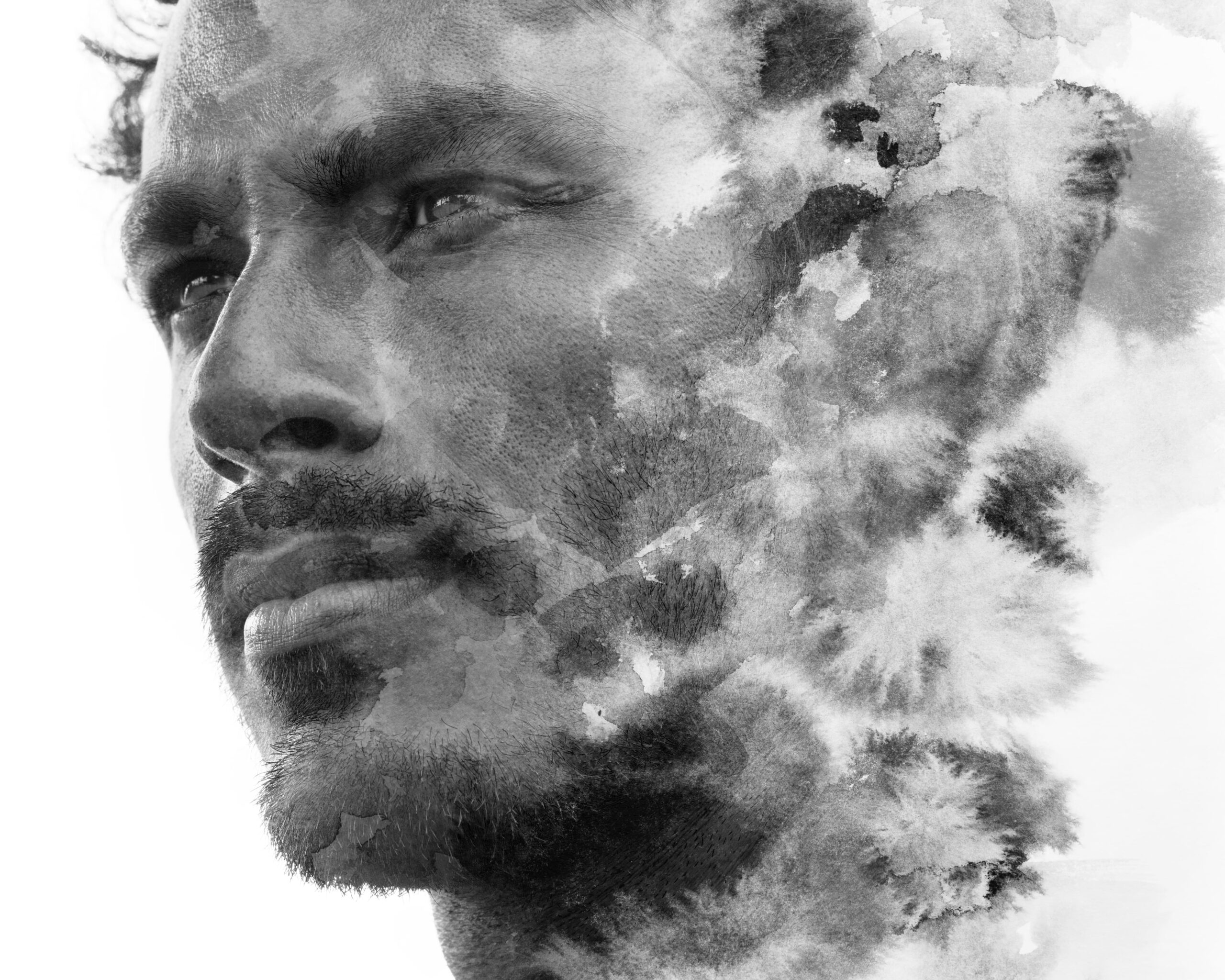Covid Mental Health Support
Covid related stressors
When Covid-19 emerged in late 2019 and subsequently spread around the world. It introduced a plethora of stressors which touched almost everyone in some way:
States of fear and anxiety
- Fears around getting infected, hygiene, and the health impacts of the virus.
- Also fear about finances, employment, and business viability due to the social disruptions caused by the pandemic.
Instability and uncertainty
- Frequently changing rules and guidance about the effects of the virus, how to manage infection control, and how to navigate work and school.
Isolations and loneliness
- Stemming from lockdowns, distancing, and the shift to remote work / school.
Perceptions of injustice, compulsion, and unfair rules
- Vaccine mandates, curfews, travel restrictions, business trading rules, and work exclusions left many people feeling angry and frustrated by the impositions

Impact on Mental Health
Mental Health was profoundly impacted by the severity and prolonged nature of these stressors, with women and young people most affected. The prevalence of anxiety and depression increased 25% in just the first year of the pandemic ( Source: World Health Organization (WHO)). Rates of suicide, self-harm, and school refusal also increased.
Many children also exhibited developmental delay, stalled socialisation skills, and a regression of academic performance. These issues tended to increase stress and anxiety on returning to in-person schooling.
Covid Mental Health Support for persistent effects
Following traumatic and turbulent life events, most people recover on their own with time. However, if the legacy of the Covid-19 still affects you, mental health professionals such as psychologists can help you find healthy ways to cope.
Psychologists can provide evidence-based interventions to help you address stress, anxiety, depression, and school refusal. Techniques may include:
Mindfulness / meditation
Mindful breathing and other mindfulness-based exercises can ground people in the present, which can reduce the symptoms and stress and anxiety.
Cognitive behavioural therapy
Cognitive behavioural therapy (CBT) helps people to change their thought patterns in order to influence their behaviours and emotions.
Eye movement desensitization and reprocessing
Eye movement desensitization and reprocessing (EMDR) is another common trauma therapy. During EMDR, individuals briefly relive specific traumatic experiences while the therapist directs their eye movements. EMDR aims to help people process and integrate traumatic memories.

